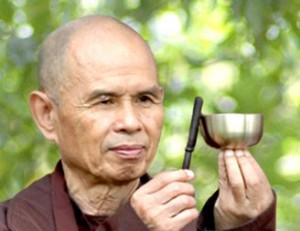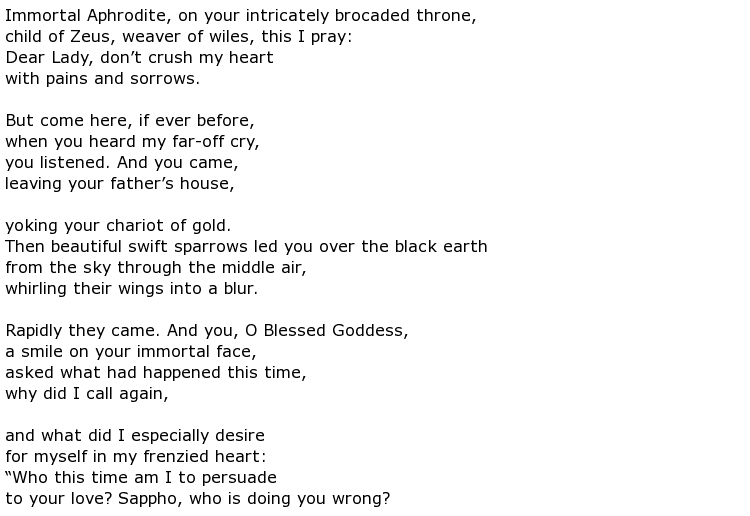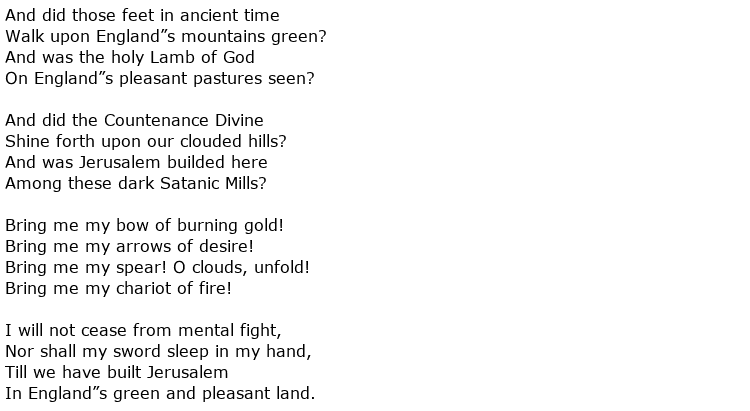 I am not aware of a single culture which does not have some thoughts on spirituality and religion. From the most primitive cultures to the most sophisticated, religion generally plays some part in the daily lives of their people. One of my writing clients is a woman who writes religious poetry in her native language and then translates them into English. As English isn”t her native language, she has a difficult time finding the best ways to express her ideas, and so she turns to me for some help and guidance. She and I do not share the same religious background; however, I really do appreciate the perspective she shares regarding her faith. If anything, it reminds me of the reality that we all share the same needs, wants, and concerns in life, regardless of our culture or socioeconomic status. While religion sometimes divides us, it is also a place where we should be able to come together to celebrate our faiths.
I am not aware of a single culture which does not have some thoughts on spirituality and religion. From the most primitive cultures to the most sophisticated, religion generally plays some part in the daily lives of their people. One of my writing clients is a woman who writes religious poetry in her native language and then translates them into English. As English isn”t her native language, she has a difficult time finding the best ways to express her ideas, and so she turns to me for some help and guidance. She and I do not share the same religious background; however, I really do appreciate the perspective she shares regarding her faith. If anything, it reminds me of the reality that we all share the same needs, wants, and concerns in life, regardless of our culture or socioeconomic status. While religion sometimes divides us, it is also a place where we should be able to come together to celebrate our faiths.
Poetry has been a common medium for the religious-minded person to express their faith. Each one has their own perspective, but there is usually a common idea which connects these perspectives. For instance, a poem from a Zen Buddhist is inherently written as a paradox, as words cannot adequately describe the purpose of Zen. Many might consider that the great masters of Zen are talking in riddles while they attempt to show their followers the way to find their Buddha nature: an awareness which is pervasive but yet somehow manages to elude our efforts to grab hold of it. Here is an example:
You Are Me
by Thich Naht Hahn

Thich Nhat Hahn is a modern-day, Vietnamese poet. Through his insight into the world of Buddism, he has attempted to provide people with a faith that engages them in every aspect of their life. He has written these poems for people from all walks of life, and his work has been warmly accepted by Buddhists and non-Buddhists alike. Through these poems, Thick Naht Hanh has developed a reputation as beings a very quiet and soft spoken spokesman for world peace.
Contemporary poets like Thich Nhat Hanh provide us with some thought provoking writings; however, not all religious poetry is so paradoxical. For instance, the noted ancient Greek poet, Sappho, writes of her calling upon the gods and goddesses to solve some difficulty she is having. While her “needs” were usually related to romantic situations, she none-the-less applied the religious beliefs of her time in address her situation.
Untitled Excerpt
by Sappho

Yet another perspective on religious ideas comes from the English poet William Blake. This poet and painter is generally considered to be one of the key figures in the vast history of the various forms of visual art and poetry found in the Romantic Era. In his epic work, Milton, Blake writes about the character, John Milton, who has returned to earth from heaven in an effort to help Blake search out and to rectify his own spiritual missteps. From the opening of Milton is the poem, Jerusalem, which Blake offers after attacking the Greeks, such as Sappho, for their culture”s fall from God.
Jerusalem
by William Blake



You must register to comment. Log in or Register.